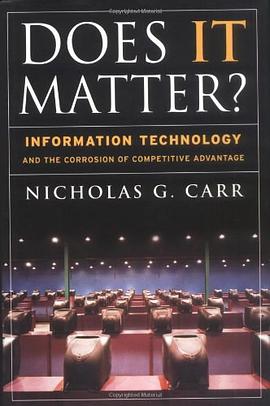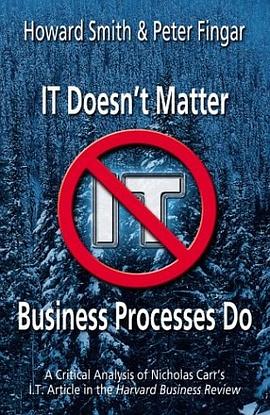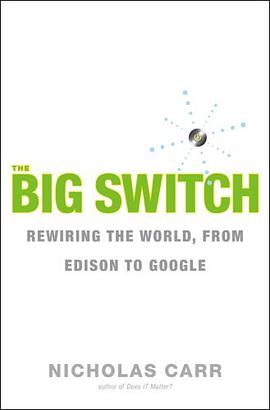Does IT Matter? Information Technology and the Corrosion of Competitive Advantage 豆瓣
作者:
Nicholas G. Carr
Harvard Business Review Press
2004
- 4
A Bold Manifesto on the Future of Information Technology Over the last decade, and even since the bursting of the technology bubble, pundits, consultants, and thought leaders have argued that information technology provides the edge necessary for business success. IT expert Nicholas G. Carr offers a radically different view in this eloquent and explosive book. As IT's power and presence have grown, he argues, its strategic relevance has actually decreased. IT has been transformed from a source of advantage into a commoditized "cost of doing business"-with huge implications for business management. Expanding on Carr's seminal Harvard Business Review article that generated a storm of controversy, Does IT Matter? provides a truly compelling-and unsettling-account of IT's changing business role and its leveling influence on competition. Through astute analysis of historical and contemporary examples, Carr shows that the evolution of IT closely parallels that of earlier technologies such as railroads and electric power. He goes on to lay out a new agenda for IT management, stressing cost control and risk management over innovation and investment. And he examines the broader implications for business strategy and organization as well as for the technology industry. A frame-changing statement on one of the most important business phenomena of our time, Does IT Matter? marks a crucial milepost in the debate about IT's future.
点击链接进入中文版:
冷眼看IT:信息技术竞争优势的丧失
点击链接进入中文版:
冷眼看IT:信息技术竞争优势的丧失


